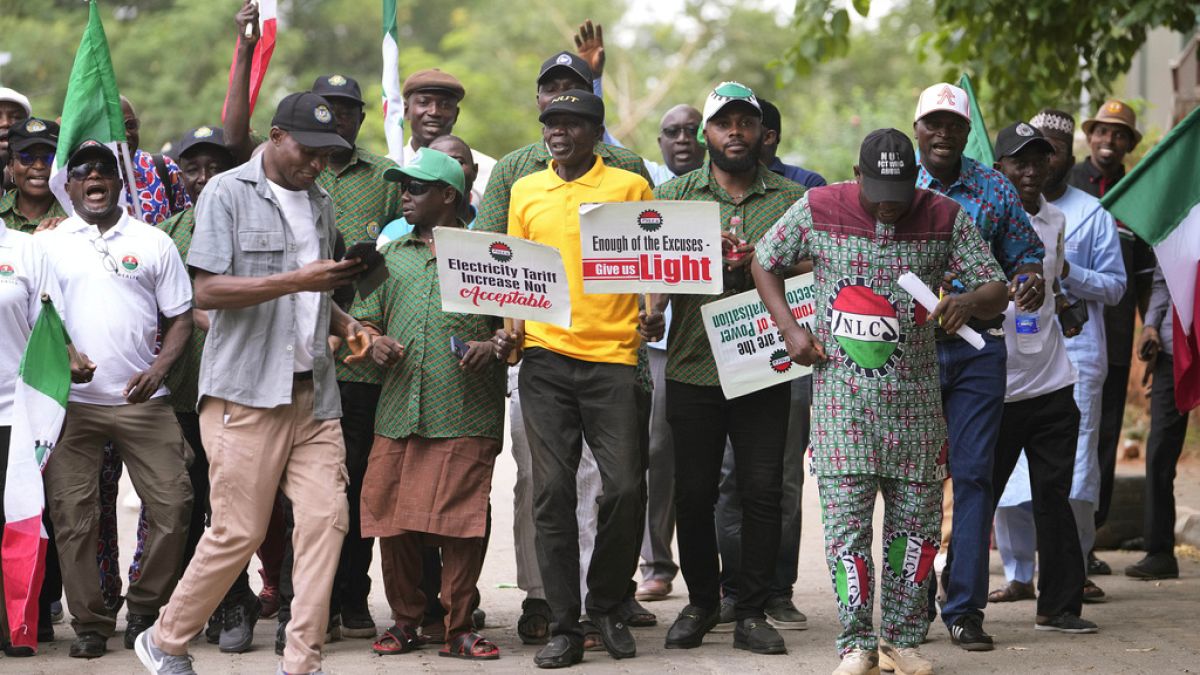Labour unions in Nigeria have been up in arms over the recent increases in electricity prices after the government’s decision to remove subsidies. The removal of subsidies has led to a significant spike in electricity costs for consumers across the country, prompting widespread outrage and protests. The government’s move has been met with strong opposition from labour unions, who argue that the price hikes are unjust and place an undue burden on the already struggling population. The protests have spread nationwide, with workers from various sectors coming together to demand a reversal of the price increases and a reinstatement of the subsidies.
The removal of subsidies on electricity prices in Nigeria has had far-reaching consequences, particularly for the average consumer. The price hikes have resulted in a sharp increase in the cost of living for many Nigerians, who are already grappling with high levels of poverty and unemployment. The decision to remove subsidies has been seen as a controversial move by the government, with critics arguing that it disproportionately affects the most vulnerable members of society. Labour unions have taken a stand against the price increases, arguing that they are unjust and will only serve to further impoverish the population.
The nationwide protests organized by labour unions in response to the electricity price increases have highlighted the deep discontent and frustration felt by many Nigerians. The protests have been a powerful show of unity and solidarity among workers from various sectors, who have come together to demand a reversal of the price hikes. The demonstrations have drawn attention to the plight of the average Nigerian citizen, who is bearing the brunt of the government’s decision to remove subsidies. The protests have also put pressure on the government to reconsider its stance on the issue and to take steps to alleviate the economic burden on the population.
The protests staged by labour unions in Nigeria have underscored the need for a more equitable and sustainable approach to addressing the country’s energy needs. The removal of subsidies on electricity prices has exposed the flaws in the current energy pricing structure, which has long been criticized for being inefficient and unsustainable. The protests have served as a wake-up call for the government to rethink its energy policies and to take into account the needs and concerns of the Nigerian people. Moving forward, there is a growing consensus that a more inclusive and participatory approach is needed to ensure that energy policies reflect the interests of all stakeholders and prioritize the well-being of the population.
The ongoing protests over the electricity price increases in Nigeria have put a spotlight on the broader issue of economic inequality in the country. The protests have highlighted the stark disparities in wealth and income that exist within Nigerian society, with the poorest members bearing the brunt of the price hikes. The demonstrations have galvanized support for greater economic justice and equity, with many calling for a more progressive approach to addressing the country’s economic challenges. The protests have also raised questions about the government’s commitment to social welfare and its willingness to prioritize the needs of the most vulnerable members of society.
In conclusion, the nationwide protests over the recent increases in electricity prices in Nigeria have underscored the pressing need for a more equitable and sustainable approach to energy pricing. The demonstrations have drawn attention to the plight of the average Nigerian citizen, who is struggling to make ends meet in the face of rising costs of living. The protests have served as a powerful reminder of the importance of listening to the voices of the people and taking into account their concerns when formulating policy decisions. Moving forward, it is crucial for the government to engage with labour unions and other stakeholders to find a solution that balances the need for affordable energy with the goal of sustainable development. Only through a collaborative and inclusive approach can Nigeria hope to overcome its current economic challenges and build a more prosperous and just society for all its citizens.











